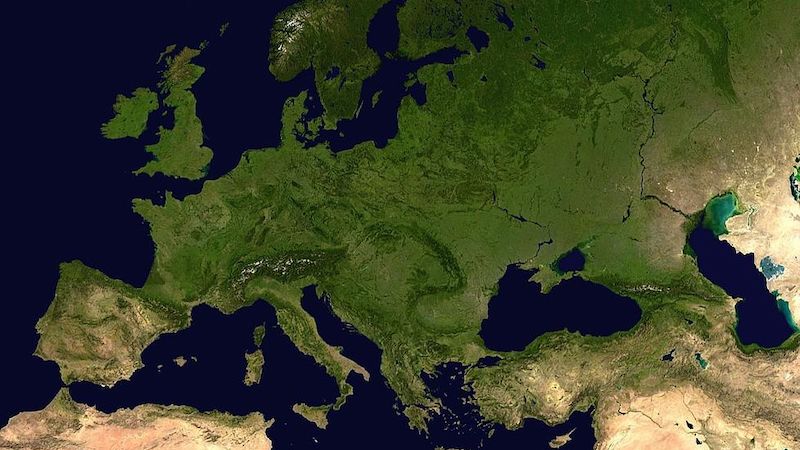The leaders of the European Union have brokered a long-awaited agreement to set a 2050 target for the continent to become ‘climate neutral’, but granted Poland an exemption.
After a European Council meeting that ended early on Friday morning, council president Charles Michel said the 2050 target was a “common goal” agreed by all leaders. But said Poland “can’t commit to implement this objective”.
The leaders’ statement committed Poland to return to the issue at a council meeting in June 2020.
Poland will become the bloc’s second largest source of carbon after Germany when the UK leaves the EU – an event made certain by elections results in Britain overnight.
European Commission president Ursula von der Leyen said: “It is acceptable for a country that has to come a long way. That has regions that are really coal dependent. So we acknowledge that the transition is a big one for Poland. The country has to step up. It needs more time to go through the details but it will not change the time setting of the commission [of 2050].”
Net zero: the story of the target that will shape our future
According to Euractiv, Poland’s prime minister Mateusz Morawiecki said the agreement was a “very good solution” and he said Poland had “been exempted from the principle of applying climate neutrality policy. We will reach it at our own pace”.
Poland has sought support from the ongoing EU budget negotiations to meet new climate targets. It will also argue for a large share of the EU’s Just Transition Fund (estimated to eventually leverage €100 billion).
German chancellor Angela Merkel said: “I am, given the circumstances, quite satisfied. There’s no division of Europe’s different parts, but rather one member state that still needs a bit of time to reflect on how this should be implemented. I think we have a good chance for good success.”
Von der Leyen said leaders had endorsed “the complex European Green Deal” the commission released this week. That package reaches into every aspect of the EU economy and financial system with an aim to cut emissions and support communities that rely on carbon intensive industries.
The 2050 EU target will govern roughly 9% of global carbon emissions in one of the most highly developed regions on the planet. The UN’s climate science panel has said that carbon emissions everywhere would need to reach net zero by 2050 in order to give a decent chance of halting warming at 1.5C.
Bulletins from Cop25, every morning, straight to your inbox? Sign up here
The text of the leaders statement said: “In the light of the latest available science and of the need to step up global climate action, the European Council endorses the objective of achieving a climate neutral EU by 2050, in line with the objectives of the Paris Agreement. One Member State, at this stage, cannot commit to implement this objective as far as it is concerned, and the European Council will come back to this in June 2020.”
The one country was later confirmed by Michel in a press conference to be Poland. Hungary and the Czech Republic changed their position after refusing the goal at a summit in June.
The decision came in the final scheduled 24 hours of the Cop25 UN climate talks in Madrid. Those talks have seen little movement from major emitters to increase their commitments.
But the leaders agreed that “after a thorough impact assessment” the EU should put forward a proposal to update the bloc’s 2030 pledge under the Paris Agreement “in good time before Cop26” in Glasgow late next year.
“We want be the front runner. We want to be the role model,” von der Leyen said. “We are determined to tackle climate change and turn it into an opportunity for Europe.”
The leaders gave only a lukewarm response – “the European Council takes note” – to the commission’s proposal to impose a carbon border tax on imports.
